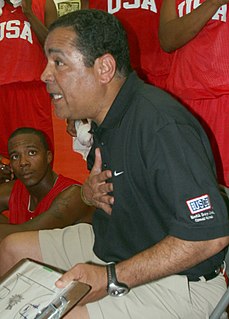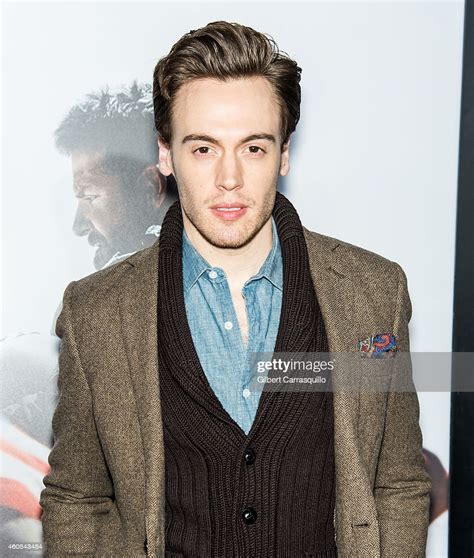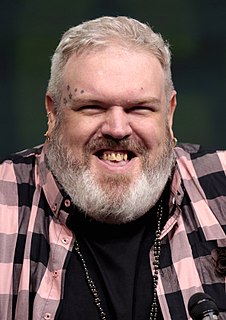A Quote by Nina Simone
I was reared in the church from the age of three. I've played piano since I was three. I performed at revivals and for my people around North Carolina for several years. People around town collected money to send me to school.
Related Quotes
My dad was a high school coach for 30-plus years in North Carolina, and he was inducted into the North Carolina High School Coaches Hall of Fame. He's the best coach I've known, in every way, all the way around - relationships, motivation, going the extra mile, always putting his kids first and foremost.
In my dreams is a country where the State is the Church and the Church the people: three in one and one in three. It is a commonwealth in which work is play and play is life: three in one and one in three. It is a temple in which the priest is the worshiper and the worshiper the worshipped: three in one and one in three. It is a godhead in which all life is human and all humanity divine: three in one and one in three.
Three years ago, this week, a newly elected President Obama faced the American people and he said, look, if I can't turn this economy around in three years, I'll be looking at a one-term proposition, and we're here to collect! You know the results. It's been 35 months of unemployment above 8 percent.
I'm living in a world that was created a hundred years ago with vaudeville and people traveling around and medicine shows and things and making live music on stage and I'm still doing that. I like it that way. I like to present something to people that's had 40 years of being honed and perfected. It's something that you're not going to find with an artist who's been around for two or three years, or even ten years.
I like to keep people around me like the guys I have on the road with me, three of them were childhood friends of mine when I was growing up in Scotland. They don't look at me any different than when we were in primary school. So it's good to keep people like that around you. I think if you surround yourself with good honest people, they will tell you what to hear when you need to hear it.
There is so much investment in it of people's labor time that it will never make money. But there are other documentaries that you might make that are sort of on assignment for television that turn around in three to six months. Then the margin can be much be better for you because you're not spending three-and-a-half years on it. So I think if you're doing documentary films, that's sort of the way to look at it.




































